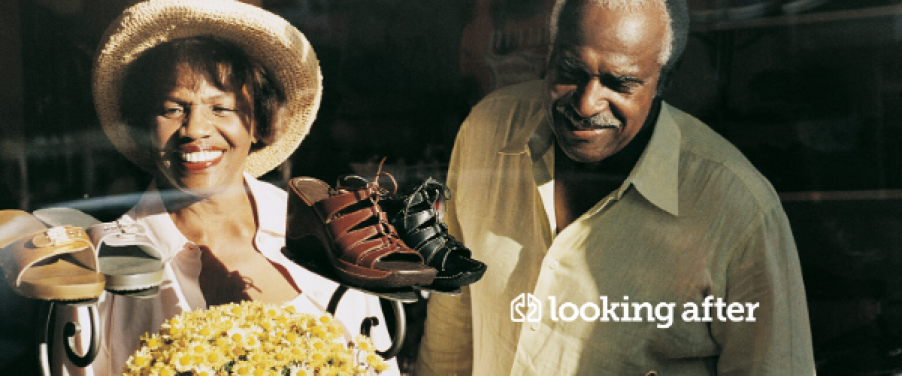Staying independent with dementia
Encouraging a dementia patient to stay independent
One of the biggest benefits to a dementia patient is having a good exercise routine. Research has shown that if a dementia patient is physically active and maintain a good exercise routine, they are more likely to be able to continue to live independently and carry out tasks for themselves. The benefits of exercise are well known and clearly documented and are even thought to reduce a person’s risk of getting dementia (along with other lifestyle changes).
What type of exercise is beneficial to a dementia patient?
Cardio vascular exercises, or exercises that raise the heart rate significantly are thought to be the best but even encouraging the patient to take a daily walk, will help to keep them mobile and fit. The level of exercise that a dementia patient can reasonably undertake really depends on their own health and the progression of their dementia disease. Given the diagnosis, a dementia patient should check with their GP before they start to participate in a new exercise regime, or something that is significantly different to their usual activity levels.
The fact that a cardio vascular activity helps to pump blood around and through the blood vessels in the body. This includes the brain and so by remaining active, the dementia patient can help to reduce or delay the onset of dementia symptoms by keeping themselves active. On top of this, the more flexibility and strength that a patient continues to have, the more able they will be at adapting to different tasks.
Assistive technology in the home
Dementia patient’s often wish to remain in their home and don’t wish to be a burden, so there are now many products that you can purchase and install in your home to support them in their home. These products will help them to be independent and carry out tasks for themselves, without requiring too much supervision. We cover off details of how to make a home dementia safe, as there are some considerations when a person has dementia.
As changes occur in the patient’s cognitive functions, dementia patients tend to lose the ability to recognise some vital warning signals. So if a water tap is running too hot, of if food is too hot, they may not realise this, as their brain is unable to scramble the signals that are being sent from the body’s other senses. Therefore, it is always advisable to have someone around at meal times, or when they are running a bath for example. There are products which can send out an alarm signal about when a bath is too hot, or water from a tap is too warm. We cover keeping the home safe in more detail here, as well as other articles about assistive technology here.
Local council needs assessment
As dementia progresses, patients might find everyday tasks more challenging and in order to give themselves more time and support, they may find that they need additional help around the home. This could be with shopping, or cleaning, or even just help to prepare meals. The dementia patient can apply for a needs assessment from the local council. They will be assessed in their current living environment and recommendations will be made, in terms of the home, as well as any potential care support that they might benefit from. A financial assessment can be carried out, to identify who should pay for that support too.
If the patient is able to remain within their home, then it may help to reduce their dementia progression and support their own wellbeing.
Join a local dementia community
If the dementia patient lives at home and even more so if they are alone, then encourage them to join one of their local dementia communities. These communities can provide a lifeline to dementia patients. Bringing people together who are diagnosed with similar dementia diseases. Often dementia patients comment that they feel isolated and alone, so helping them to join a local dementia community will put them in touch with new friends and keep them social interactive. One other element that can precipitate dementia decline is how socially active people are, in communicating with people, so it is important to ensure that they are also engaging with people socially. One of the later symptoms of dementia is the decline in speech, so helping them to keep up with conversations will help support the part of the brain that is used for communication.
Summary
Thanks to technological advances and research into dementia and alternative therapies and activities to keep patients healthy, it is possible, depending on patient’s dementia progression to help them to be more active and to live independently. Years ago, people used to transfer to a care home environment for 8-10 years in dementia care. Now, thanks to advances in care provision, assistive technology and research into better understanding dementia, patients are moving into dementia care when they are in the final stages of dementia. This reduces the amount of time spent in a care home. Some patients may even be given 24 hour dementia care within their own home, rather than moving into a cared for environment. Any support that can be given to the patient to help them to live and enjoy independent lives, will only promote their happiness and well being.
Advice and articles




